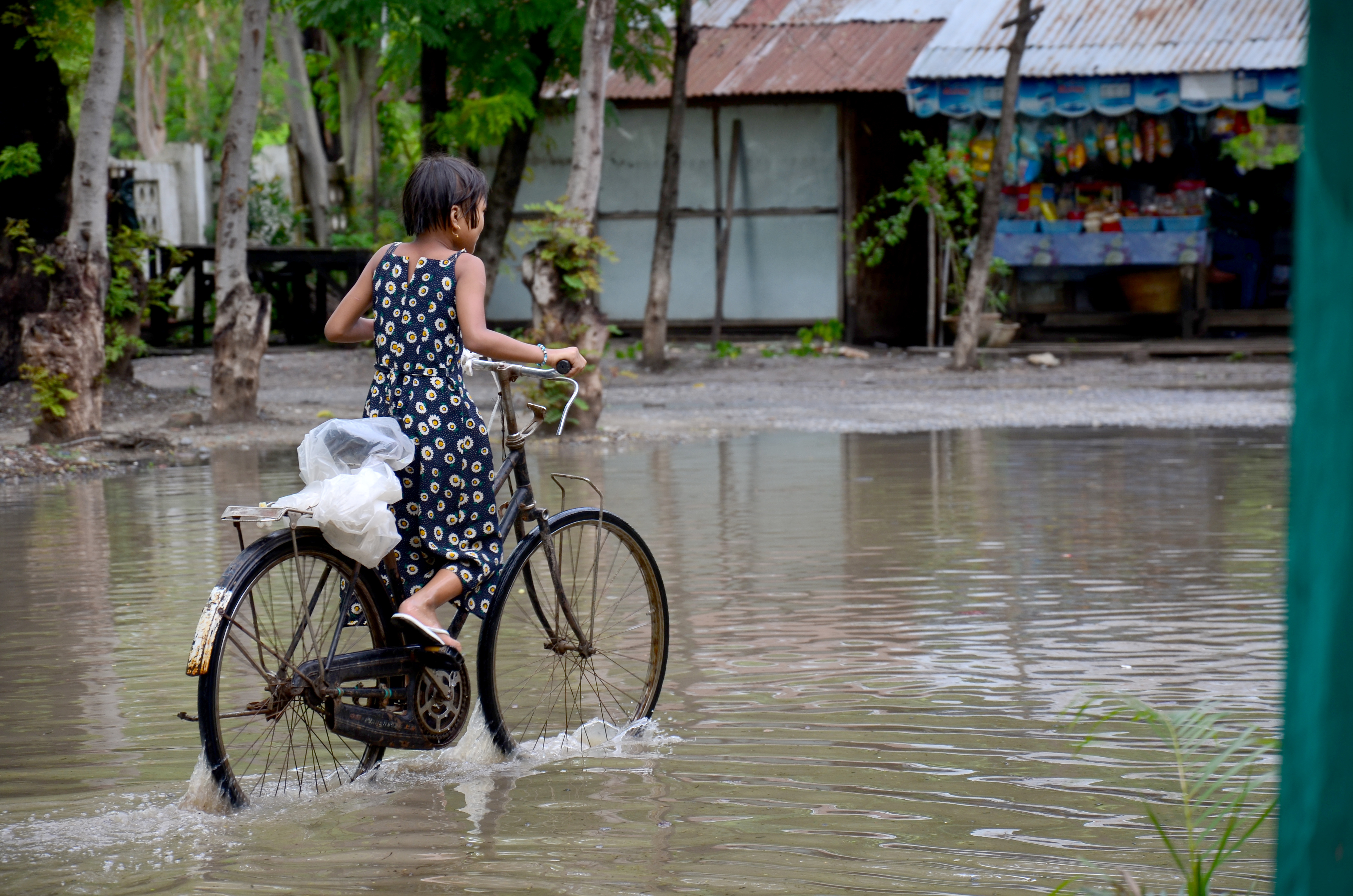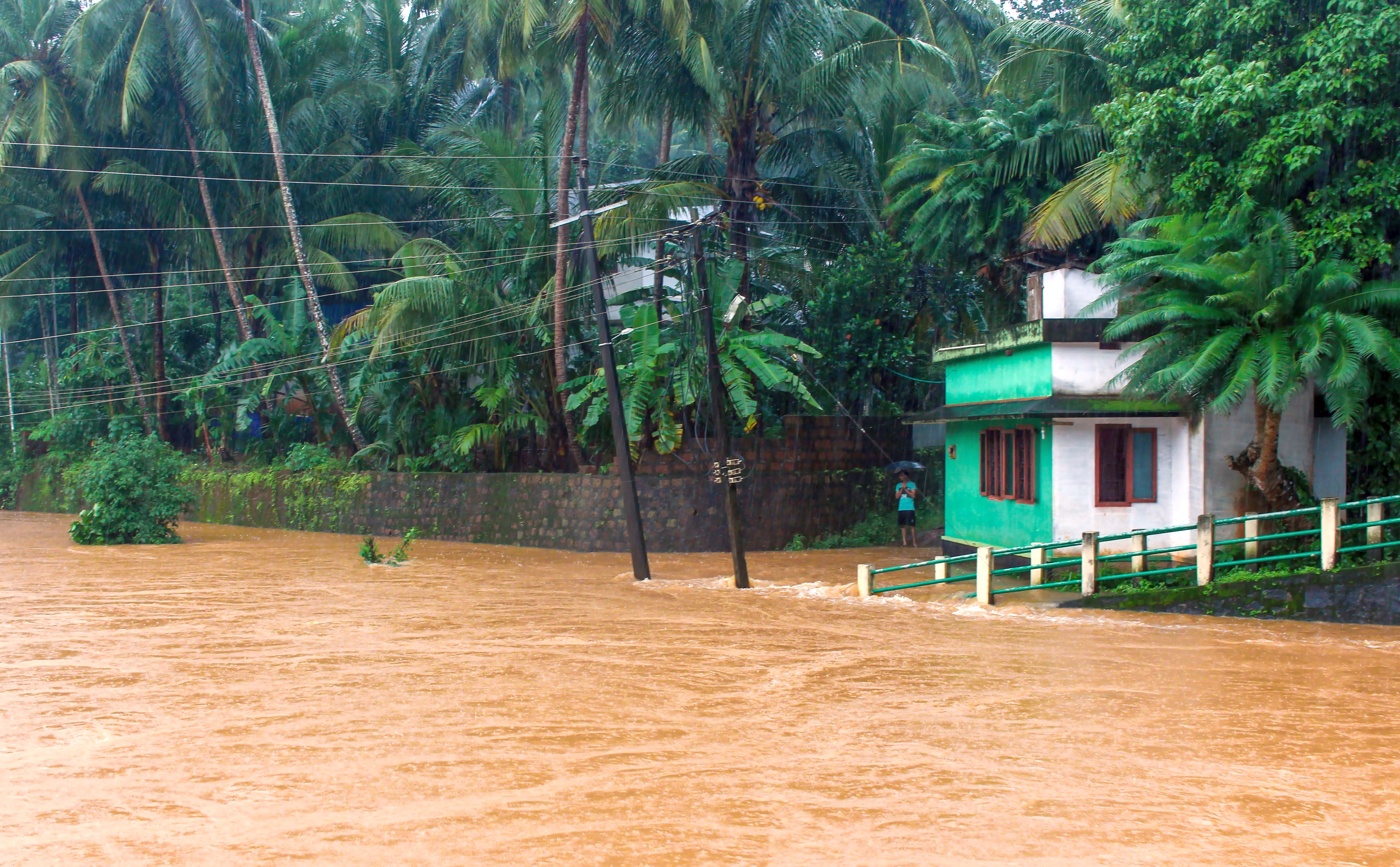Meet the five projects selected under the "Stronger Partnerships: Local Innovations for New Climate Realities in Cities" Innovation Call for Proposals.
Recipient: Women for the World, Yangon, Myanmar
Grant amount: USD 29,820
Through this project, Women for the World (WfW) seeks to mitigate heat damage in urban poor neighbourhoods, increase climate change awareness, and mainstream community-led processes in Yangon, Myanmar. The project adds to existing community-driven housing efforts already underway in Yangon by WfW.
While Cities Alliance received many proposals on the topic of cooling strategies, the WfW Community-led Heat Mitigation project stood out because it fits within a larger initiative (community-driven housing efforts) and includes community engagement. In addition, its partnership with organisations reduces gaps between top-down approaches and the realities of on-the-ground implementation.
One component of the project draws on innovative and engaging citizen science activities, such as conducting neighbourhood heat assessments with an inexpensive thermal monitor to collect temperatures on street level. Using both tangible evidence and experienced/perceived data, this step can help inform scientific arguments surrounding issues related to heat mitigation.
Learn more here.
Recipient: Hope Raisers Youth Group, Korogocho – Nairobi, Kenya
Grant amount: USD 29,280
Background and approach
A creative and intriguing project by Hope Raisers Youth Group seeks to aid Korogocho, one of Nairobi’s largest slum neighbourhoods, adapt to the impacts of climate change. Future Yetu (Our Future) is employing digital storytelling as a way to spark dialogue between residents and policymakers on climate adaptation interventions, engage the greater Korogocho community and local government in innovating and sharing smart solutions, and enable collaboration on climate adaptation ideas that could form the basis of future policy, especially regarding how the Korogocho community can create climate change-resilient livelihoods.
Learn more here
Recipient: Action for Women and Children Concern (AWCC), Lower Shabelle region, Somalia
Grant amount: USD 29,994
Background and approach
Early warning systems are an increasingly important tool for helping vulnerable communities worldwide prepare for, monitor, and respond rapidly to climate-related natural disasters and risks such as flooding and famines. With this project, AWCC aims to increase resilience to climate-induced shocks for 55,000 vulnerable people in the Marka district of the Lower Shabelle region of Somalia.
AWCC is working in collaboration with local and global partners to strengthen community capacities to prepare for, respond to, mitigate, and adapt to disaster, especially via better mobile phone alert systems for events like seasonal flooding.
Learn more here
Recipient: Badabon Sangho, Patuakhali and Bagerhat, Bangladesh
Grant amount: USD 29,669
Background and approach
Young people and digital technology often go hand in hand. Badabon Sangho, a women-led NGO working on development issues in the Southwest region of Bangladesh, seeks to leverage this natural affinity to aid in an ambitious project to improve climate resilience planning in vulnerable urban areas. The project is training youth volunteers in data collection and digital mapping, using apps on Android mobile devices along with Open Data Kit (ODK), to collect and upload data in the field. The maps and databases are part of a coordinated local effort to better inform residents of Patuakhali and Bagerhat about existing climate risks, as well as to share climate resilience plans developed to help them cope with these risks. In addition, the databases may also be used to help with land tenure issues for members of poorer communities.
Learn more here
Recipient: Tree Adoption Uganda, Kampala, Uganda
Grant amount: USD 30,000
Background and approach
When solid waste is dumped in already inadequate drainage channels, the result is blocked drains and increased flooding. This is a growing hazard, especially in poorer communities, where little or no services for garbage collection meets already vulnerable residents. Tree Adoption Uganda aims to address this problem through a multi-faceted project involving education, advocacy, and incentives. The project includes a variety of approaches such as practical learning sessions on proper waste sorting and collection of segregated waste for 1000 households. Moreover, it also engages the community in activities for the creation of potential value in sorted waste through the distribution of carbonizers for the transformation of waste into carbon briquette and the linking of residents with recyclers to sell collected reusable plastics.
Learn more here

In addition to funding, Cities Alliance offers networking, visibility and learning opportunities to the projects selected. See tab "Resources" for more information.
This initiative is funded by the Swedish International Development Cooperation Agency, Sida, and implemented within the frame of Cities Alliance Climate Change, Resilience and Informality in Cities project, supported by the German Federal Ministry for Economic Cooperation and Development (BMZ) and the Swiss State Secretariat for Economic Affairs (SECO).
Adapting to climate change will require innovation, creativity, experimentation and, above all, partnerships.
Cities Alliance Secretariat

